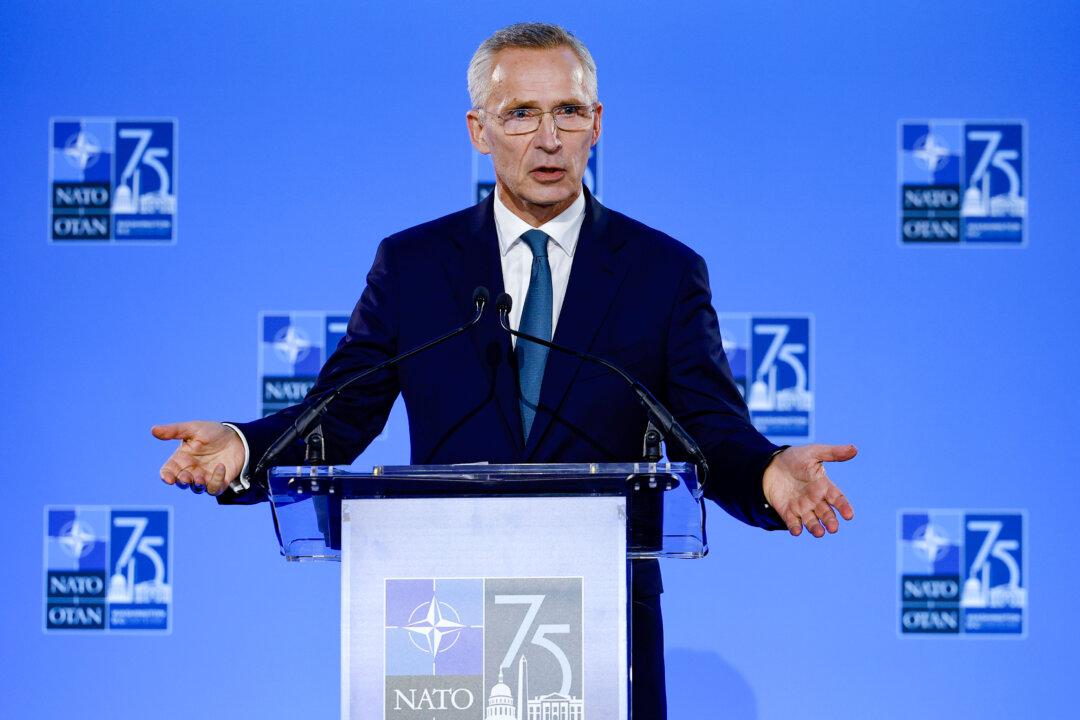NATO allies issued a stern critique of China in a joint statement on July 10, calling the communist regime a “decisive enabler” of Russia’s war on Ukraine.
“I think the message sent from NATO, from this summit, is very strong and very clear, and we are clearly defining China’s responsibility when it comes to enabling Russia’s war aggression against Ukraine,” NATO Secretary-General Jens Stoltenberg said.





